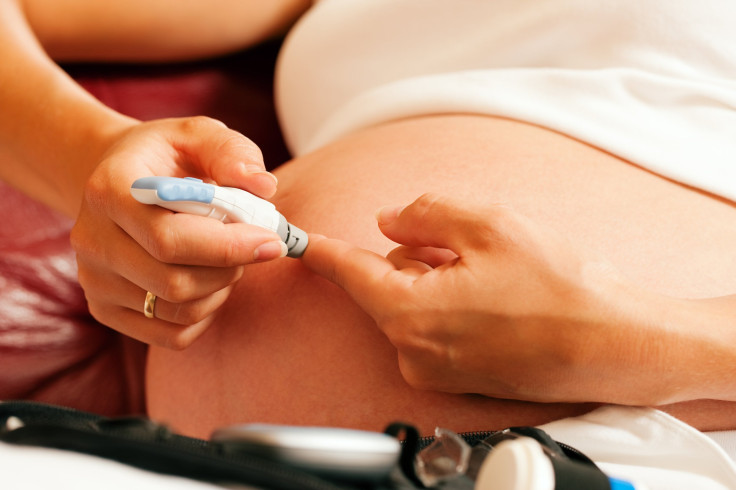Developing Diabetes In Pregnancy Increases Risk For Autism In Babies Up To 63%

For most mothers, their pregnancy is months’ worth of watching what they eat and waiting for doctors to approve medications they take in order to bring a healthy baby to full term. Mothers serve as the gatekeepers for their unborn child, but those who develop maternal diabetes put their babies at risk for autism, according to new findings. Researchers from Kaiser Permanente Southern California Department of Research and Evaluation published their study in the Journal of the American Medical Association, which revealed a 63 percent increased pregnancy risk for autism.
"The exposure of fetuses to maternal hyperglycemia may have long-lasting effects on organ development and function, but whether this can disrupt fetal brain development and heighten risk for neurobehavioral developmental disorders in offspring is less clear," the study’s lead author Anny H. Xiang, of the Kaiser Permanente Medical Center, said in a press release. "Future studies should address whether early diagnosis and treatment of gestational diabetes can reduce the risk of autism."
The research team analyzed more than 322,000 children of different ethnicities between the ages of 28 and 44 weeks, and followed them for an average of 5.5 years. Moms-to-be who were found to have diabetes by week 26 of their pregnancy had up to a 63 percent increased risk of giving birth to a baby with an autism spectrum disorder (ASD). When researchers calculated each mother’s age, education, race, ethnicity, household income, and other socioeconomic influences, the increased risk was at least 42 percent. One in 68 children is born with autism, and the number of babies being diagnosed is growing, according to Autism Speaks.
Gestational or maternal diabetes is either first diagnosed or developed during pregnancy, and statistics are scarce on the condition, according to the Centers for Disease Control and Prevention. The CDC reports mothers with gestational diabetes who fail to control their blood sugar levels are putting themselves and their baby at risk for health problems, such as an “extra-large baby,” cesarean section, low blood sugar, and now these new findings indicate an autism risk as well.
Recently, research conducted at Johns Hopkins Medical School searched for an influential risk factor outside of pregnancy and found one. Sperm samples were collected from fathers all over the world who had children exhibiting early signs of autism. In order to identify autism markers in their genes, researchers sequenced their DNA and found 193 different markers that linked autism symptoms together. There is increasing evidence that a combination of genetics and pregnancy factors leads a child to develop the social, communication, and behavioral problems characteristic of autism.
"If the findings of this study reflect a cause and effect relationship, then they add another factor to a growing list of risks associated with gestational diabetes," the study’s co-author Edward S. Curry, pediatric learning and behavior specialist at Kaiser Permanente Medical Center, said in a press release. "Our study findings also suggest that early screening for autism in children of women with gestational diabetes diagnosed by 26 weeks gestation may be warranted."
Source: Xiang AH, Curry ES, Wang MSW, Martinez MP, Walthall JC, and Page K, et al. Association of Maternal Diabetes With Autism in Offspring. Journal of the American Medical Association. 2015.



























